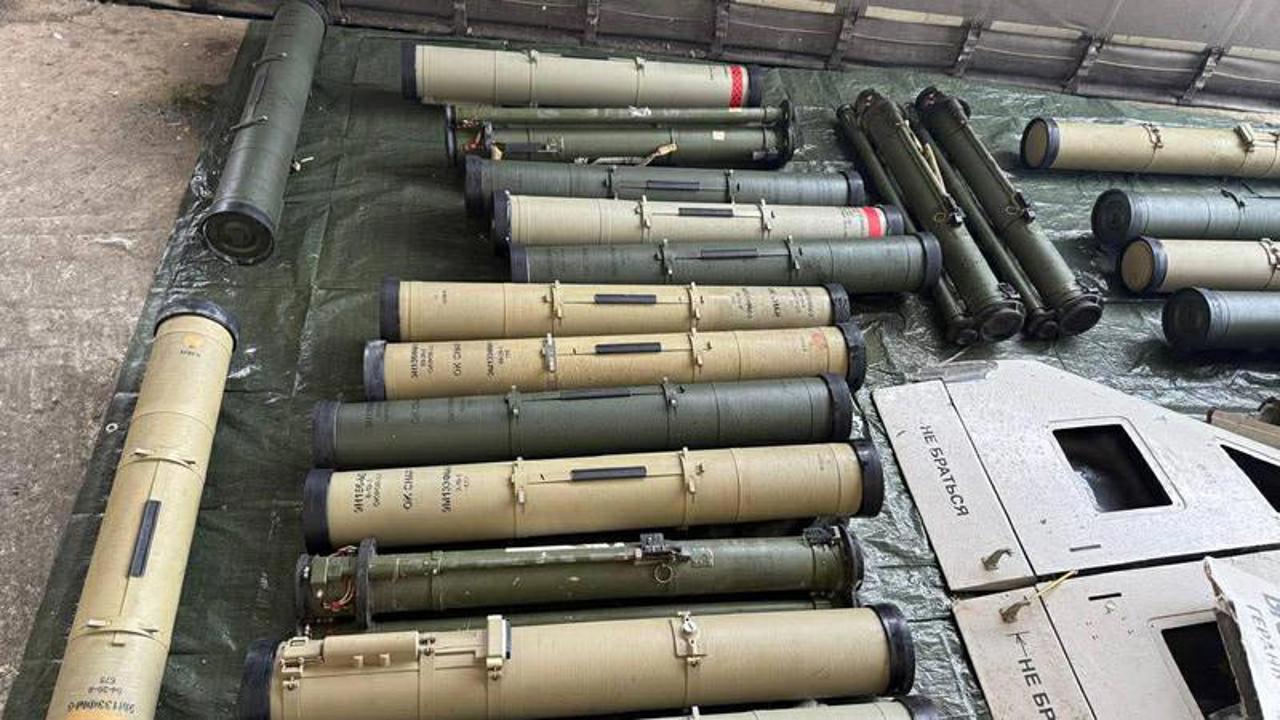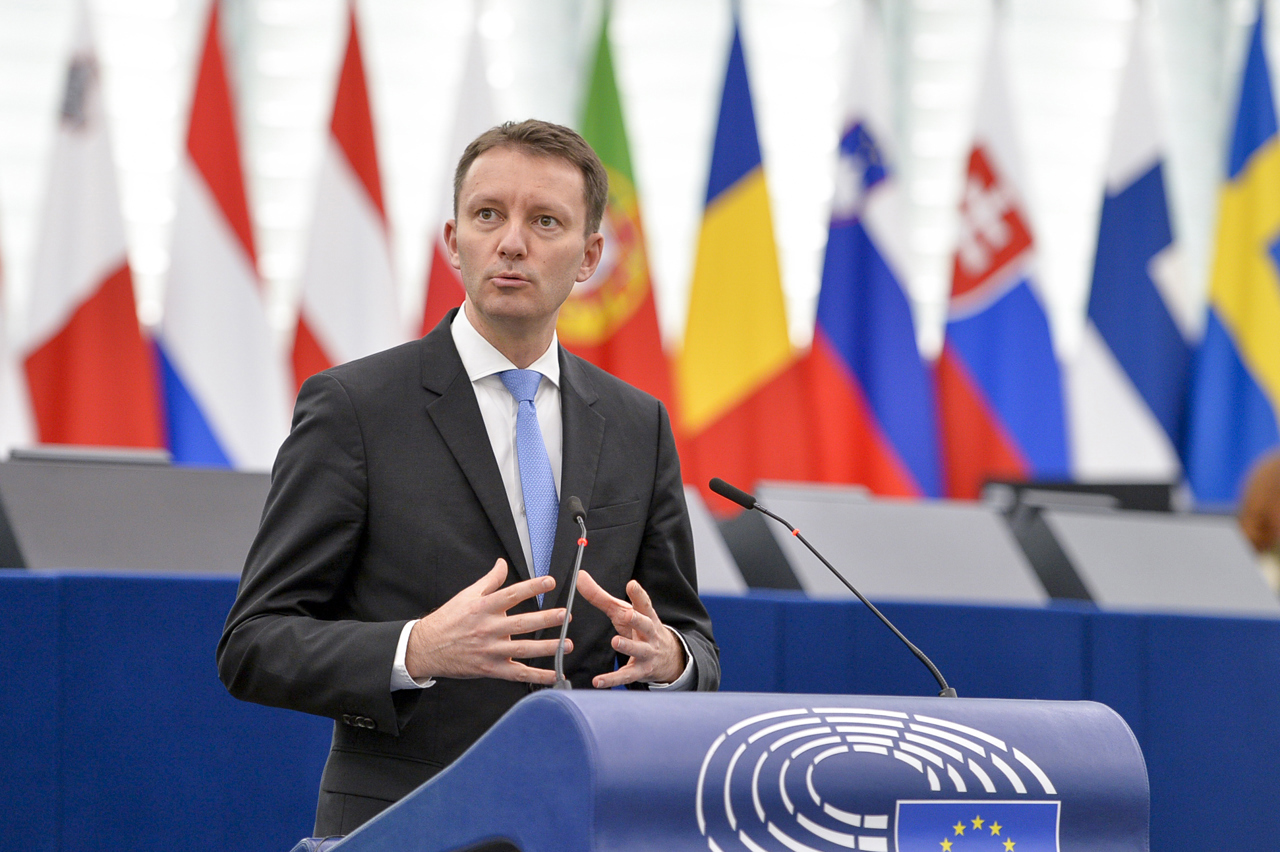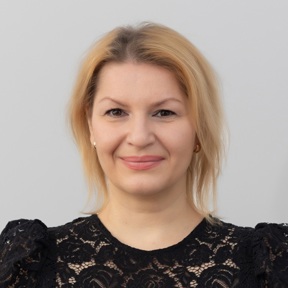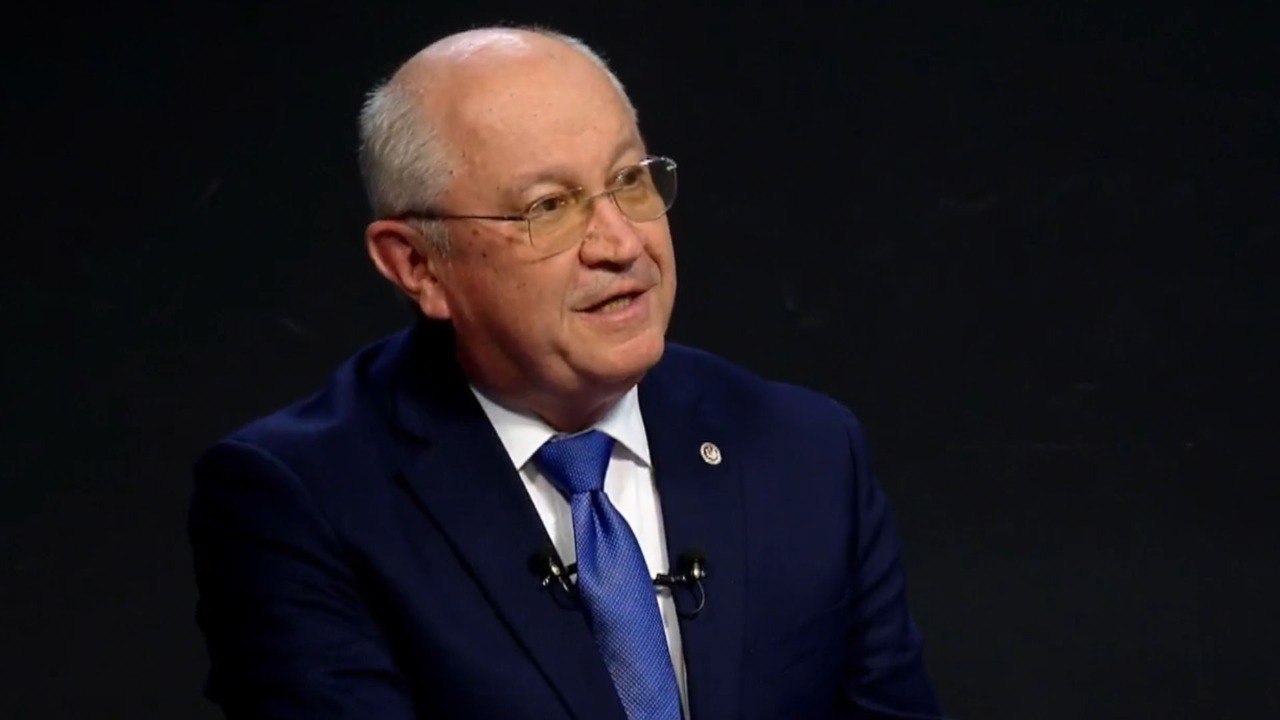Russia's Siege of Mariupol: Starvation Tactics Exposed
Russia engaged in a "deliberate model" of starvation tactics during the 85-day siege of the Ukrainian city of Mariupol at the beginning of 2022, which constitutes a war crime, according to a new analysis submitted to the International Criminal Court, reports news.ro.
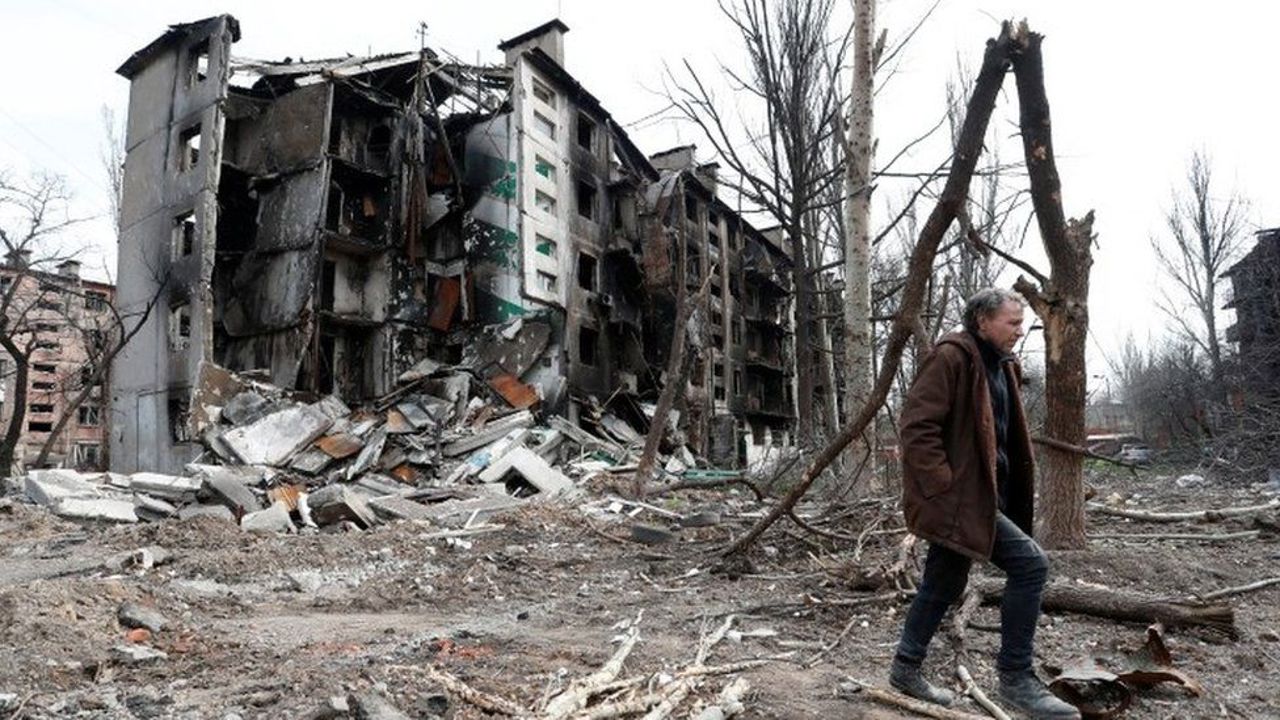
The conclusion is at the centre of a file being submitted to the ICC at The Hague by the lawyers of Global Rights Compliance, who are working in collaboration with the Ukrainian government. It argues that Russia and its leaders intended to kill and harm a large number of civilians, reports The Guardian.
An estimated 22,000 people were killed during the encirclement and capture of the city of Mariupol at the beginning of the war in Ukraine. Civilians were left without water, gas, or electricity within a few days of the siege, while temperatures dropped below minus 10 degrees Celsius.
Catriona Murdoch, partner at Global Rights Compliance, stated that the purpose of the research was "to see if there is a broader narrative" indicating a deliberate denial of food and other necessities of life by the Russian army and its leadership, a starvation strategy that could be considered a war crime.
"What we observed is that the Russian assault unfolded in four phases, beginning with attacks on civil infrastructure, interrupting the supply of electricity, heating, and water. Then, humanitarian evacuations were refused and even attacked, while aid was prevented from passing," stated Murdoch.
According to her, the gradual targeting of Mariupol demonstrated that Russia planned to capture the frontline city without mercy for the civilian population, which was estimated at 450,000 people before the full invasion began on 24 February 2022.
The report concludes that approximately 90% of the medical facilities and housing in the city were destroyed or damaged during the siege, and food distribution points, as well as humanitarian evacuation routes, were bombarded.
Given the importance of Mariupol and the centralization of decision-making in Russia, the responsibility for the deaths of thousands of civilians reaches the top, says the report. "Vladimir Putin is guilty," said Murdoch, "and so are the echelons of Russian military leadership," although she did not name the commanders.
The International Criminal Court accepts requests from third parties, although it does not necessarily act on them. Starvation and refusal to provide necessities for civilian life are considered war crimes, but this remains a relatively new field of international law, and so far no alleged perpetrator has been prosecuted.
Translation by Iurie Tataru
